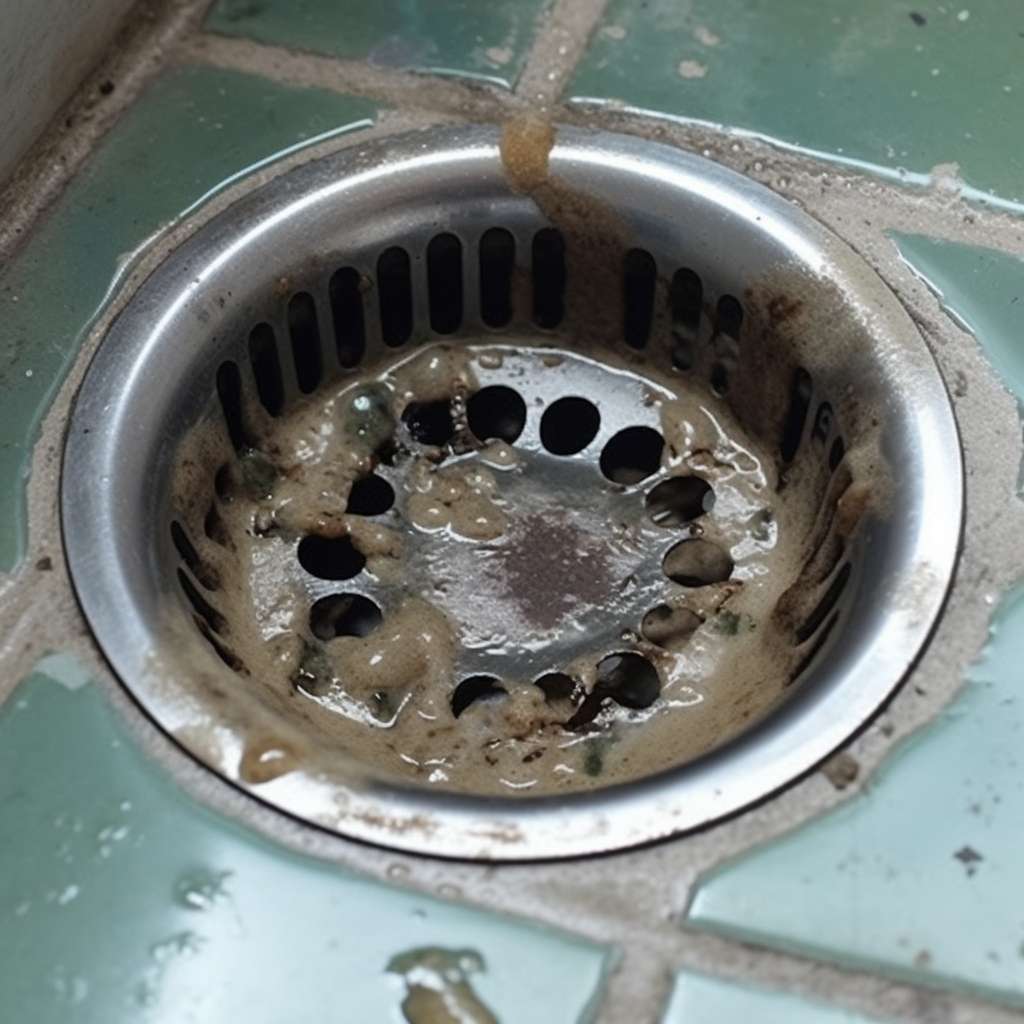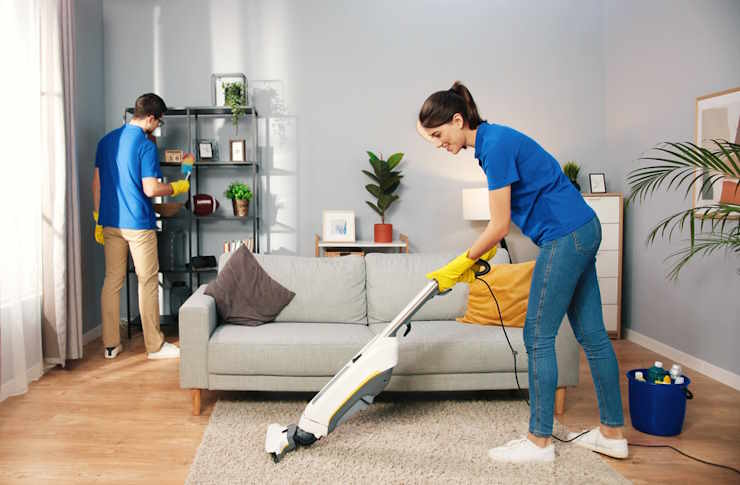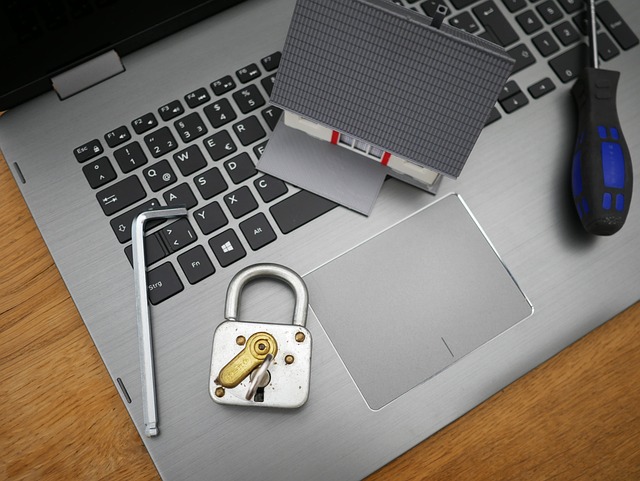Drain and Pipe Cleaning: Methods, Maintenance, and Local Services
Blocked drains and slow-moving pipes are common issues in homes and businesses across the UK. Regular cleaning and appropriate maintenance can prevent nasty surprises, reduce unpleasant odours, and extend the life of plumbing systems. This article explains common causes of blockages, professional cleaning methods, practical DIY steps for prevention, and how to find reliable local services in your area.

What usually causes drain and pipe blockages?
Blockages form for a variety of predictable reasons. In kitchens, grease, fat and food debris build up on pipe walls and trap other particles. In bathrooms, hair, soap scum and personal-care products combine to form dense obstructions. Outdoor drains can become blocked with leaves, soil, and other debris, while tree roots can intrude into older clay or damaged pipes and cause partial or complete blockages. Pipe scale from hard water and mineral deposits can also reduce flow over time. Understanding the likely cause helps decide whether a simple mechanical clear-out or a more thorough professional intervention is needed.
How do professional drain and pipe cleaning methods differ?
Professional cleaners use a range of tools and techniques matched to the cause and location of the blockage. Common approaches include:
-
Mechanical rodding or augers: flexible cables with cutting heads remove hair, grease and soft obstructions.
-
High-pressure water jetting: powerful water streams scour pipe walls and flush debris; effective for grease and scale but requires suitable access and care.
-
CCTV inspection: a camera is sent through the pipe to identify the blockage type, extent of damage, and the most effective treatment.
-
Chemical treatments: commercial-grade chemicals may be used in specific cases, but professionals apply these selectively because of potential pipe damage and environmental concerns.
Professionals assess pipe material, access, and risk of damage before selecting a method. For older or fragile plumbing, a gentler approach combined with CCTV imaging reduces the chance of causing a collapse or leak.
What preventive maintenance can you do yourself?
Simple habits greatly reduce the frequency and severity of blockages. In kitchens, avoid pouring hot fat and grease down the sink; instead, collect and dispose of it in general waste. Use a sink strainer to catch food solids and clean it regularly. For bathrooms, fit drain covers to catch hair and regularly remove visible buildup. Flush drains with hot water weekly, and consider occasional use of a safe enzymatic cleaner to help break down organic residue without harming pipes. Avoid flushing non-biodegradable items such as wipes or sanitary products. For external drains, clear leaves and debris from grates and gutters, and check outdoor drains after heavy storms. Regular visual checks and prompt minor cleaning can delay the need for professional servicing.
When should you call professional local services in your area?
Call a professional when blockages persist despite DIY attempts, when multiple outlets are affected, or if you detect signs of structural issues such as repeated blockages in the same location, unusual gurgling noises, sewage smells indoors, or visible leaks and damp patches. Professionals are also advisable when dealing with deep or complex systems, older pipes susceptible to collapse, or suspected root intrusions. When contacting a local service, describe symptoms clearly, note any attempts you’ve made to clear the blockage, and mention the pipe material and age if known. A provider offering CCTV inspections can save time and cost by diagnosing the issue accurately before starting invasive work.
How to compare and choose a reliable drain and pipe cleaning provider
Look for providers with clear licensing, insurance, and transparent pricing policies. Check whether they perform CCTV surveys and whether they offer a written report of findings and recommended repairs. Ask about guarantees for work performed and the experience of technicians with the specific type of plumbing you have (for example, older terracotta or modern plastic systems). Local reviews and recommendations from neighbours or community groups can be helpful, but verify credentials directly. For emergency call-outs, confirm expected response times and whether surge pricing applies. Clear communication about access requirements, expected disruption, and any additional costs helps avoid surprises.
Conclusion
Regular attention to drains and pipes—through preventive routines, careful use, and timely professional intervention—reduces the risk of disruptive blockages and extends the lifespan of plumbing systems. Understanding common causes, professional methods, and sensible selection criteria for local services will help you manage problems efficiently and with less uncertainty.




